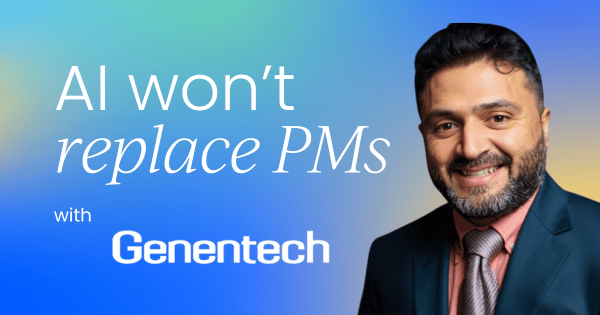Artificial intelligence (AI) is no longer a futuristic idea – it’s embedded into nearly every tool, platform, and process product managers (PMs) use today. From market analysis to customer personalization, AI drives efficiencies and accelerates execution in a way that would have seemed impossible a decade ago.
As this tech advances at lightning speed, many product managers can’t help but wonder, Is AI going to replace us?
The short answer: no.
AI is a powerful enabler, but it can’t replicate the creativity, vision, leadership, and ethical judgment that product managers bring to the table. Instead, AI should be seen as a strategic partner – helping PMs move faster, smarter, and more confidently in an increasingly complex environment.
How AI elevates product management
AI has the power to impact nearly every aspect of product design and delivery. Let’s explore some of the areas with the greatest opportunities for major gains.
1. Data-driven decision making
AI is great at making sense of huge amounts of structured and unstructured data – far more than you could ever sort through manually.
When you’re running market analysis, AI can pick up on consumer trends across millions of data points in areas like item compliance and e-commerce. That means it can quickly flag underserved segments, product types, or even whole product groups you might be missing.
For example, in e-commerce compliance, AI can scan listings at scale to catch missing safety certifications or misaligned descriptions – issues that would take human auditors weeks to spot.
AI also shines when you’re developing user insights. Instead of manually digging through data, you can lean on AI to scan and analyze behavioral patterns to see which features actually drive adoption and where users tend to drop off.
In fact, in one health and wellness case I’ve seen, AI-powered feedback loops revealed which digital tools resonated most with clinicians versus patients. That kind of intelligence helps teams prioritize smarter, strengthen data governance, and put good data lineage practices in place.
Impact for PM: Faster, more accurate insights that reduce research cycles by up to 60% and drive higher adoption rates.

2. Personalization at scale
Consumers now expect experiences that feel tailored to them. The good news is that AI makes personalization not just possible, but scalable across industries. As a PM, you play a key role in shaping these tailored experiences – building business cases and guiding algorithms that adapt interfaces and recommendations based on real user behavior.
Take online grocery and food safety, for example: AI can flag allergens and instantly suggest compliant substitutions, keeping customers safe while also protecting conversion rates.
Recommendation systems aren’t new – platforms like Amazon and Netflix have shown for years how well AI-driven suggestions boost engagement. But the opportunities go far beyond media. In optical services, for instance, AI can recommend lens options based on someone’s lifestyle, leading to better upsell opportunities and happier patients.
Impact: Personalization improves retention by ~20% and increases conversion rates by 10–25%.

3. Efficiency and automation
Repetitive tasks can eat away at your productivity as a PM, pulling you into endless loops of conversations and tech deep-dives. AI helps break that cycle by automating the busywork, freeing up your time to focus on more strategic initiatives.
I’ve seen this firsthand: from generating compliance reports to monitoring SKU attribute accuracy in e-commerce, AI has taken on the grunt work so I don’t have to. In food supply chain management, it goes a step further – using demand forecasts to cut down on both stockouts and waste.
Impact: Predictive analytics powered by AI can free up 20–40% of a PM’s time and boost forecast accuracy by 15–20%.
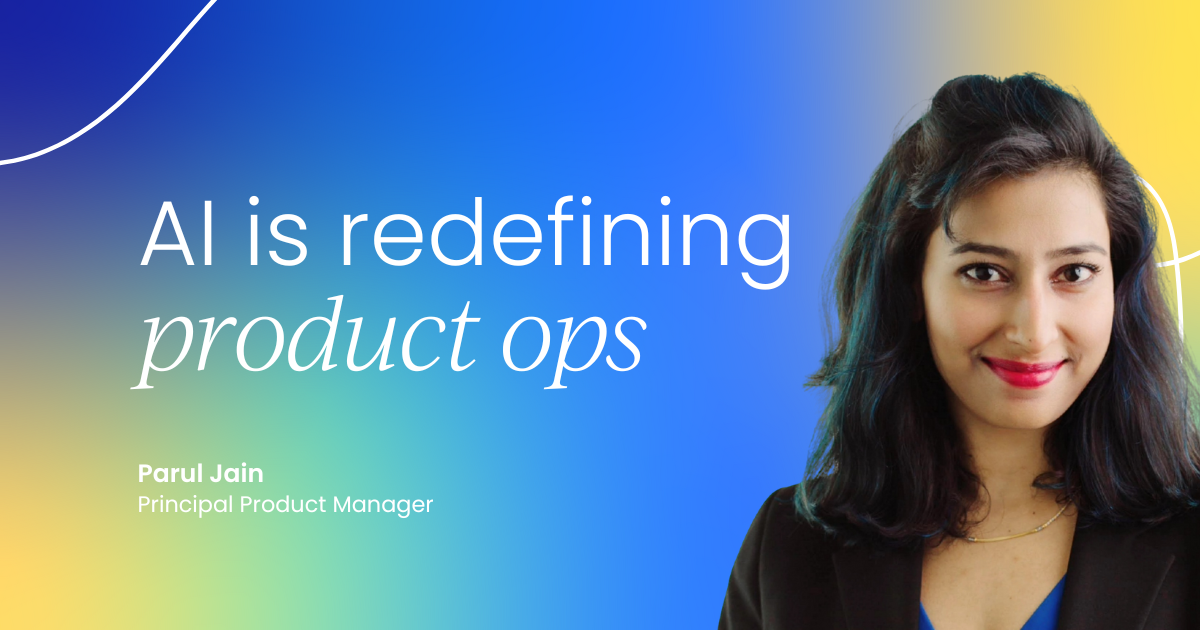
4. Product design and testing
AI accelerates innovation cycles by reducing the time between concept and launch. Take rapid prototyping – tools with AI integrations, like Figma, can instantly generate design variations, so you can quickly gather stakeholder feedback. That means you can move through iterations much faster than before.
The same applies to UX design. With AI-powered A/B testing, you don’t have to wait weeks for results; models can analyze performance in real time and suggest next steps.
In my world of retail compliance and commerce, that means we can quickly test variations of product labeling or messaging – how items are packaged, sourced, and presented. The result is clearer communication for consumers and stronger adherence to regulatory standards, ensuring every product sold follows legal and state regulations.
Impact: Design iteration cycles cut by 50% and reduce testing timelines from weeks to days.
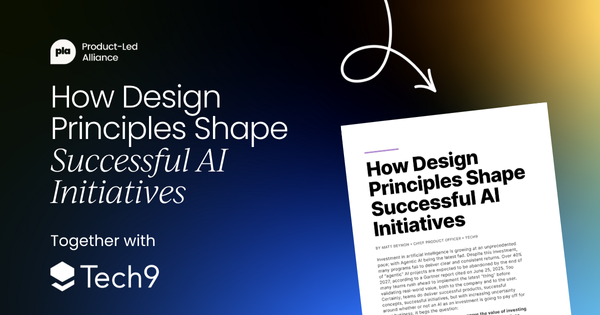
5. Customer support and interaction
AI makes it possible to serve customers at scale without sacrificing responsiveness.
Chatbots and virtual assistants, for example, provide always-on support that can cut Tier 1 tickets by up to 50%. That frees up your team to focus on more complex, high-value cases.
AI also powers sentiment analysis, scanning surveys and social media to flag early warning signs of churn. In food safety recalls, that might mean catching customer complaints about mislabeled ingredients months before regulators step in—giving you a head start on fixing the issue.
Impact: Stronger customer trust, faster issue resolution, and reduced operational strain.
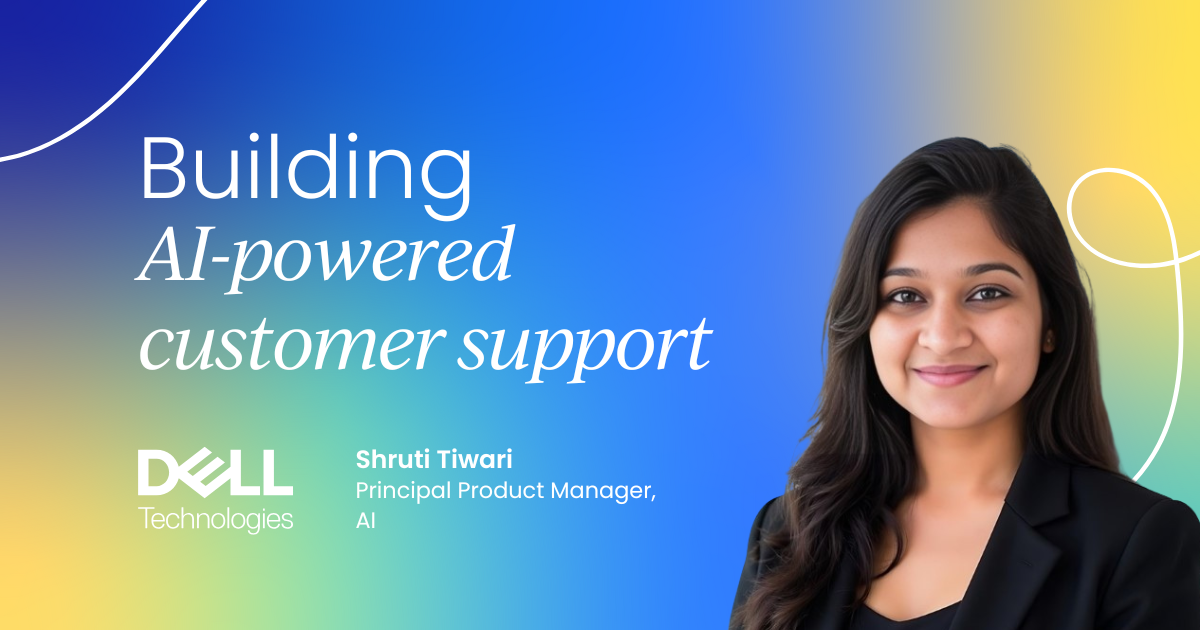
Why AI can’t replace product managers
Despite these powerful applications, AI has its limitations. Product management is as much an art as a science, requiring the following distinctly human skills that machines cannot replicate.
1. Creativity and vision
AI is exceptional at spotting patterns, but it can’t create a compelling vision for the future. That’s where humans shine – with creativity and empathy. Bringing a new product to life, or reimagining a customer journey with all its pain points, requires imagination and emotional understanding.
AI can suggest optimizations, but it won’t dream up breakthroughs like one-hour grocery delivery or virtual eye exams. Product vision comes from passion. As a PM, you’re the one who connects the “what” to the “why,” framing problems in human terms and linking strategy to customer value in ways AI simply can’t simulate.
2. Complex problem-solving
Real-world product challenges often involve ambiguity, conflicting priorities, and ethical trade-offs.
Take contextual understanding – AI might be able to flag anomalies in food compliance data, but deciding whether to pull thousands of SKUs, how to communicate with regulators, and how to protect brand trust takes nuanced human judgment.
And then there’s conflict resolution. Balancing the needs of legal, engineering, and marketing isn’t something an algorithm can handle. It calls for emotional intelligence, empathy, and a healthy dose of diplomacy – skills that only humans bring to the table.
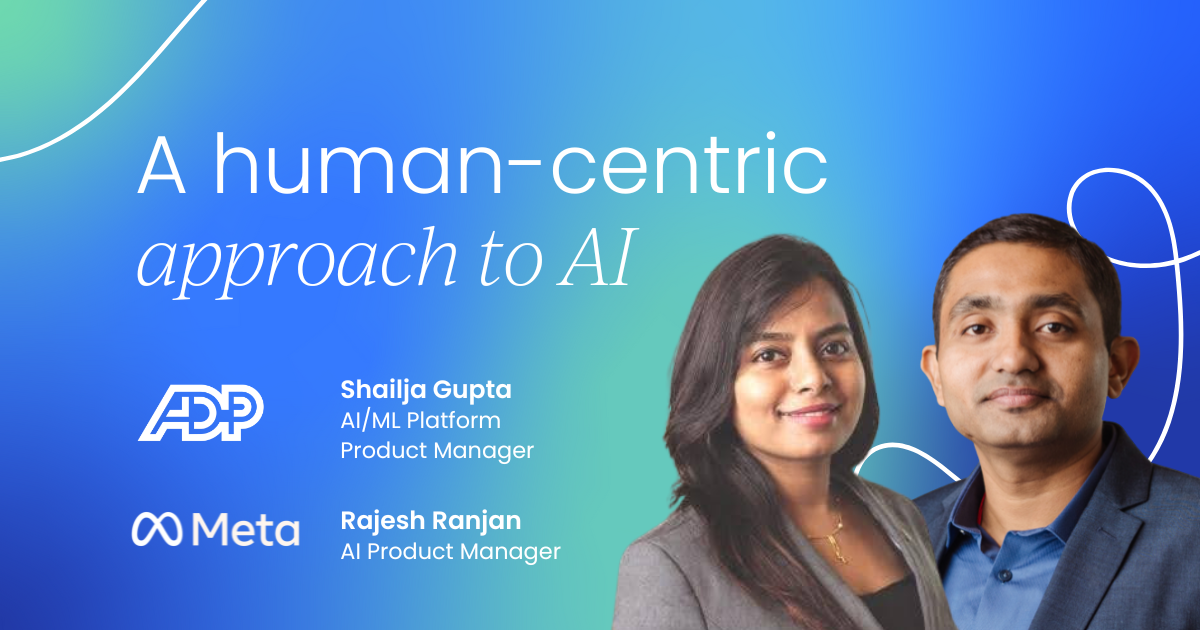
3. Leadership and communication
Products are built by teams, and teams are led by humans with keeping them at the center of product vision. What motivates everyone is how a PM can both motivate and inspire to rally a vision, charter even under pressure.
AI can’t coach, guide, or mentor a team, nor can it build morale. This requires real leadership – dedicated sessions spent helping people mature in their roles and work better together.
From my own experience at Walmart, KPMG, and Accenture, I’ve seen how PMs bring stakeholders together to build trust and alignment. AI can’t replace the interpersonal skills required to balance the competing demands of each stakeholder.
4. Ethics and responsibility
AI doesn’t understand ethics or the human principles that guide them—it only optimizes for the outcomes you define.
From my experience as a product leader in highly regulated industries like healthcare and e-commerce, I’ve seen how critical it is for PMs to ensure products meet standards like HIPAA, FDA, or FTC requirements. Sure, AI can flag risks, but it’s up to you to decide how to mitigate them without harming user trust.
Beyond compliance, there’s the broader societal impact: safeguarding data privacy, addressing bias in algorithms, and making sure products serve users fairly and responsibly. These are human values – ones AI simply can’t grasp.
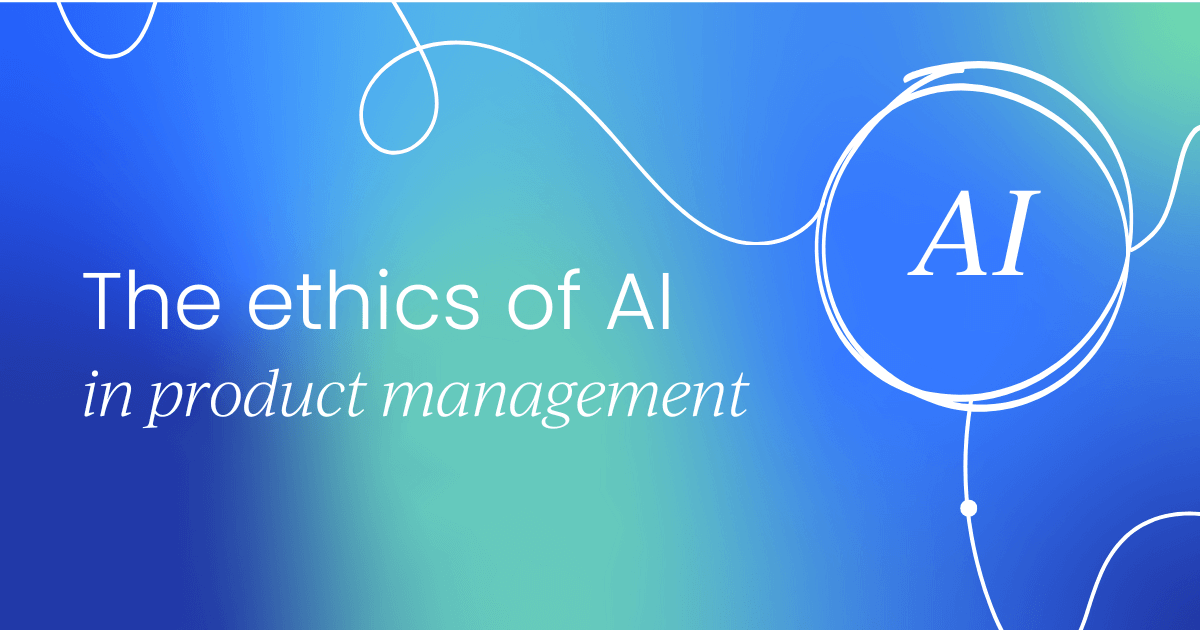
Example: AI in food safety compliance
Picture this: an AI system is monitoring millions of SKUs across a large grocery marketplace when it flags a potential allergen mislabel in a bakery item.
What AI does well: It rapidly detects discrepancies between product attributes (metadata) and labeling data (packaging and ingredients), potentially preventing harm.
Where PMs step in: A product manager must decide…
- Should the item be pulled immediately?
- How should communication be handled with regulators, customers, and suppliers?
- What long-term process changes are needed to prevent this issue from arising again?
This kind of decision-making blends data insights with human judgment, empathy, and accountability – qualities AI simply can’t replicate.
Conclusion
AI is reshaping product management teams, not replacing them. By automating routine tasks, accelerating design cycles, and delivering real-time insights, AI empowers PMs to focus on what truly matters: creativity, vision, problem-solving, leadership, and ethics.
The future of product management isn’t about humans versus machines – it’s about humans augmented by machines. Product managers who learn to harness AI effectively will not only work faster and smarter but also build products that are safer, more compliant, and more human-centered.
In other words, AI can analyze, predict, and automate – but only PMs can lead.




 Follow us on LinkedIn
Follow us on LinkedIn








